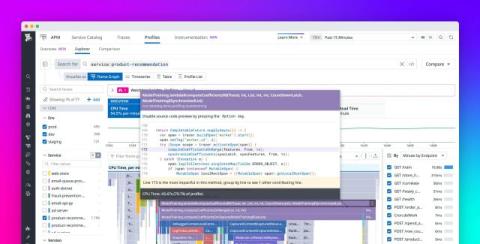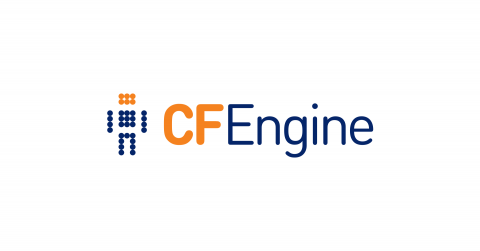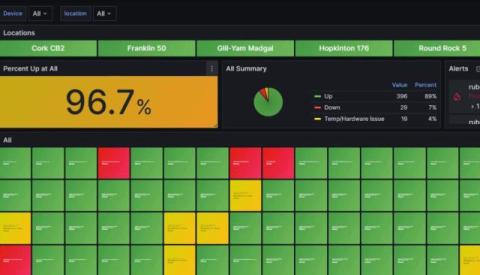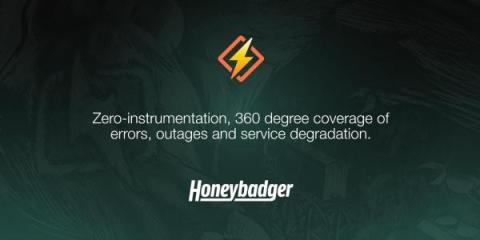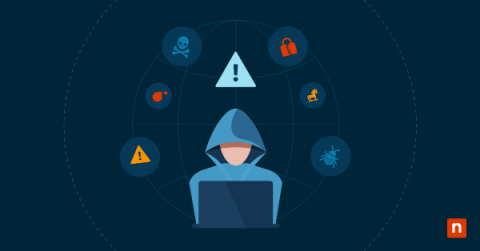Ep. 21 Redefining Observability with Charity Majors
In this episode Charity Majors, the co-founder and CTO of Honeycomb, discusses observability in the cloud computing industry. She talks about her experience speaking at Google Cloud Next and the importance of observability in developing software applications. Charity explains how Honeycomb uses AI to assist with constructing queries and how observability is about understanding and developing complex systems. She also emphasizes the need for a single source of truth in observability tools and the shift from metrics to logs.




